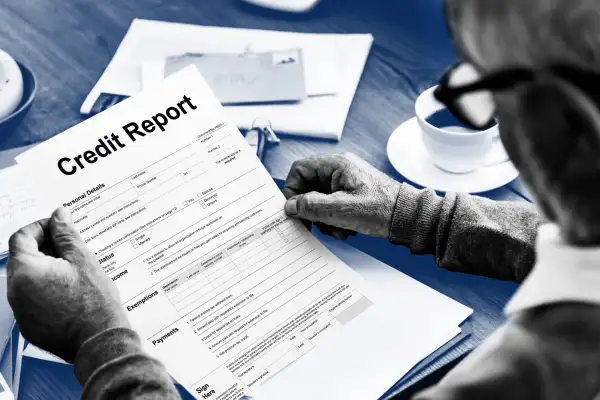You Can Now Get Free Credit Reports Weekly Through the End of 2022

Finishing up your spring cleaning? After you dust the blinds, don't forget to pull your credit report.
Thanks to a pandemic policy from the three major credit bureaus — Equifax, TransUnion and Experian — you can access your credit reports on a weekly basis. For free. Through the end of the year.
Usually, Americans are able to get one free online credit report from each of the three big credit agencies every 12 months. (After that, the agencies could charge up to $13.50 for each additional report.)
But when COVID-19 hit in March 2020, the rules changed to allow people to get reports from all three bureaus every week — at no charge. It was a bid to help consumers "better manage their finances and take necessary steps to protect their credit standing," the bureaus' CEOs said in a statement at the time.
The program was initially slated to end in April 2021. But last spring, the agencies announced they were extending the initiative another year — until April 20, 2022. This past January, they decided to prolong it yet again.
You can now pull free weekly credit reports through Dec. 31, 2022.
"The combined pressures of job changes, inflation, market uncertainty and health anxiety continue to present consumers with enormous challenges,” Equifax's Mark W. Begor, Experian's Brian Cassin and TransUnion's Chris Cartwright said in a news release. “Our industry’s hope is to support consumers as they make decisions — big and small — by making it easier to regularly track their financial health.”
How to check your credit report for free
Credit histories and credit scores are used widely by lenders to gauge people's worthiness as borrowers, meaning they crop up when you're applying for an apartment, a mortgage, a car loan or even a cell phone contract. They can also influence the terms of the eventual agreement, like what your interest rate will be.
Because of this, experts recommend regularly checking your credit report to make sure it's accurate and healthy. To do so, navigate to annualcreditreport.com, click "Request your free credit reports," and follow the prompts. (Even though the website has "annual" in its name, it is indeed free to use once a week, for each of the three providers, for the rest of the year. If you figure there are 37 weeks left in 2022, that's 111 credit reports you can access without paying.)
Once you've downloaded your report, scrutinize it. Is your personal information like date of birth, address and employer correct? Are all the right lines of credit listed? Are there mentions of hard inquiries, bankruptcies or collections you weren't aware of?
If you see something that doesn't seem right, contact the bureau you got the report from to dispute the error. Otherwise, look for areas of improvement.
Remember: Credit reports are more like summaries of a person's credit activity than they are judgments of it, meaning they don't generally include credit scores. If you're looking for a hard-and-fast number, a service like Credit Karma or Credit Sesame may be able to provide your credit score, as well as monitoring and tips on how to increase it, for free.
More on Credit & Credit Repair
Money’s Top Selection Guides for Improving Your Credit
Money’s Credit Repair Companies Reviews |


